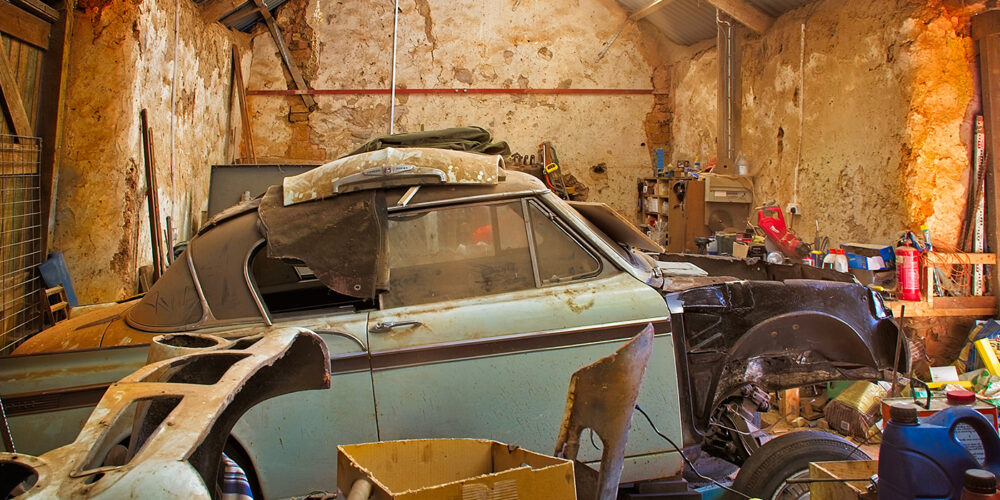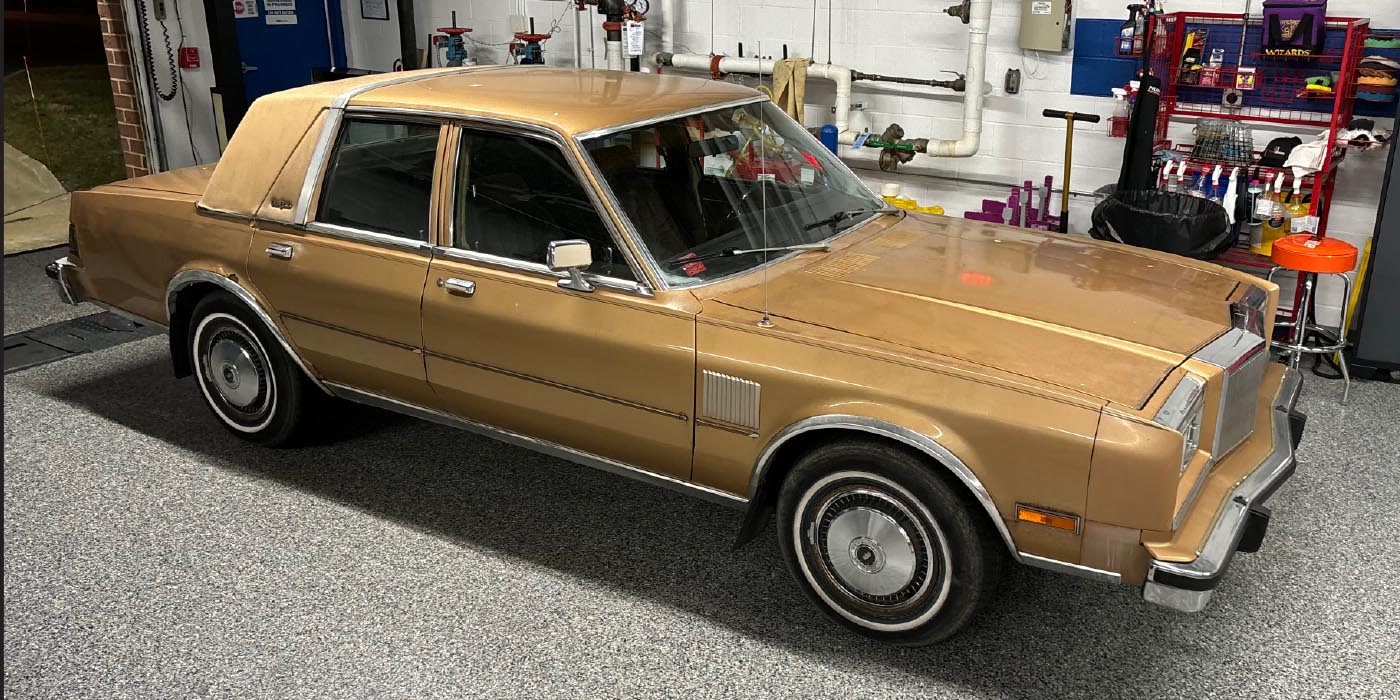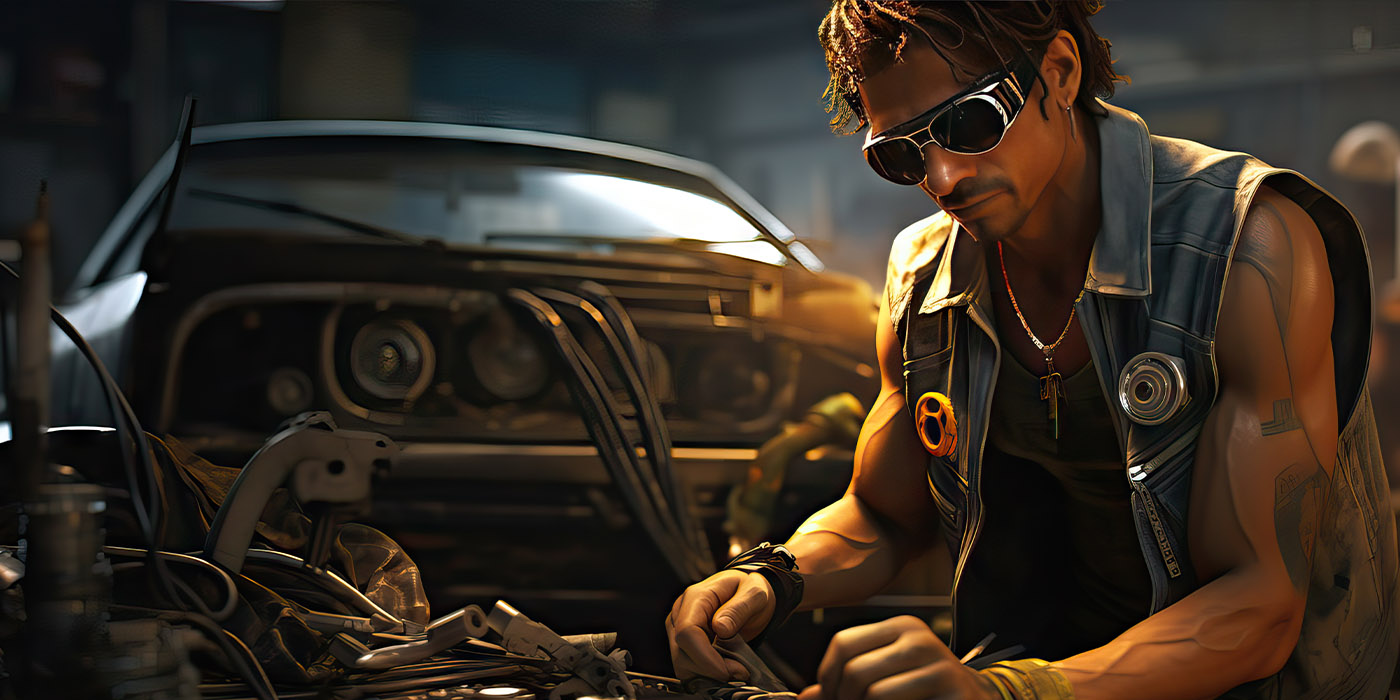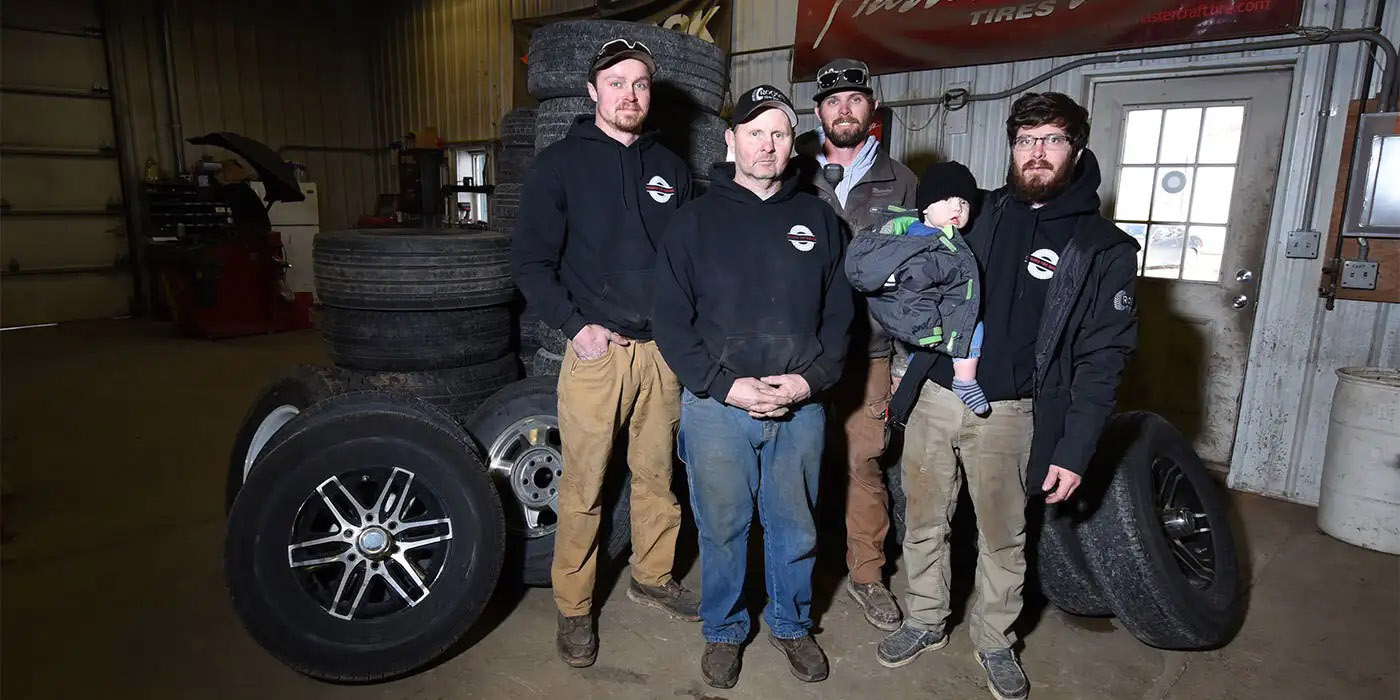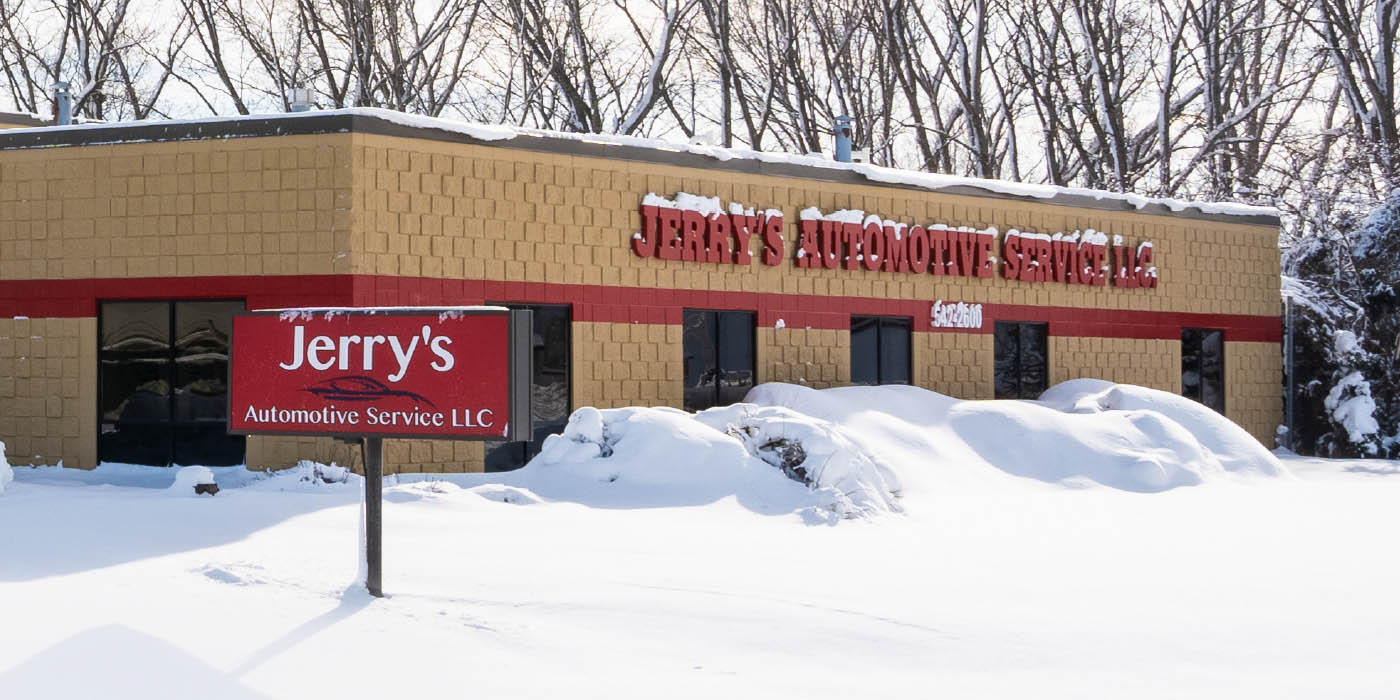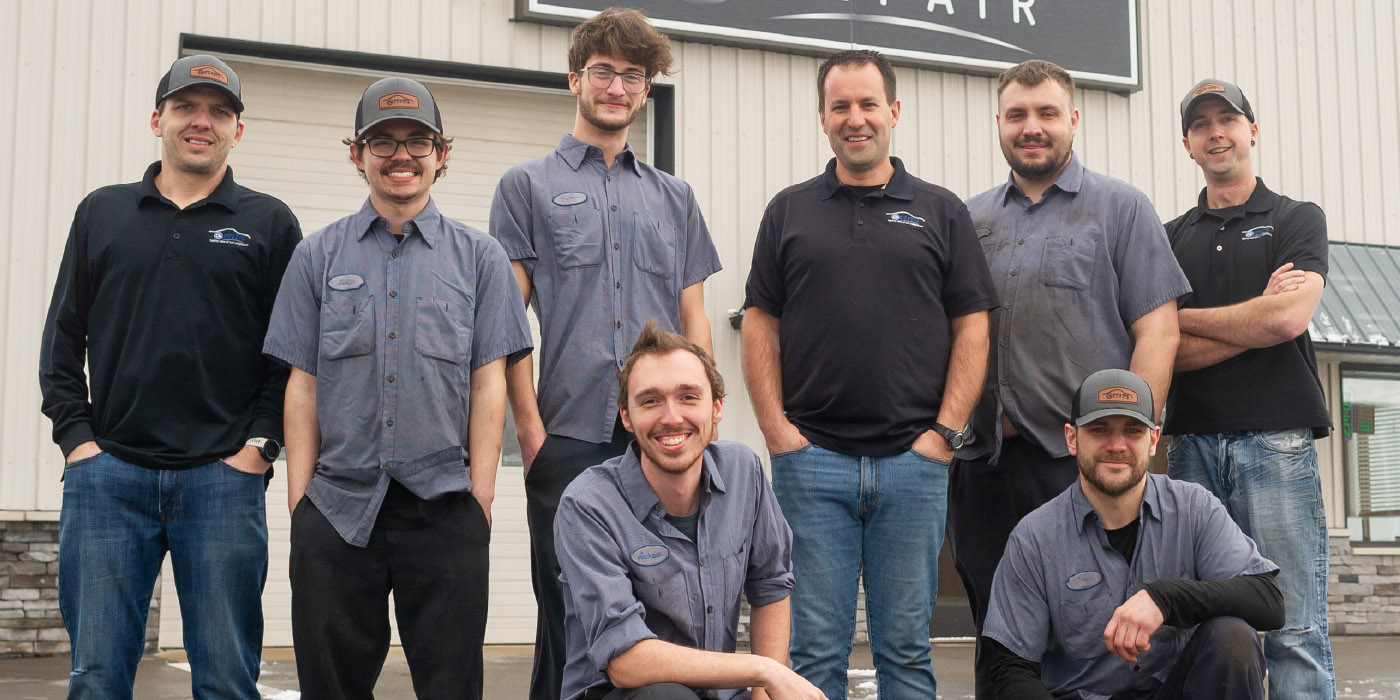Have you ever done a frame-off restoration on an old car? It’s a lot of work, but it’s really nothing different than what you do every day. You just keep taking it apart until there’s nothing left to take apart. Then you clean, strip, paint and put everything back together. Regardless of what part of the car you are working on, it really comes down to one simple idea: “It’s just nuts and bolts.”
Even the interior. Maybe there are fewer nuts and bolts and more hog rings, clips and screws, but the idea is the same. After all, humans put it all together in the first place, so logic says it shouldn’t be too hard for us to do the same thing.
We all may not be too good at painting, and it’s possible we left that to someone else, as well as welding in any new body panels, but the rest of it was all just nuts and bolts. We’re mechanics. This is what we do. We take things apart and put them back together.
The challenge comes in the business of general maintenance and repair. How many things have we done over the years that, if they were stand-alone jobs, would have been sent to a body shop? Where do we draw the line between standard auto and body repair? Since our customers know us, if they get in a little fender-bender, we’re often the first place they go to assess the damage.
We’re not equipped to straighten frames or paint, so collision work past a certain level was sent away. If there was no structural damage, many customers request that we straighten or adjust things “as best as possible.” Even though it was considered body work, we’d still do it, and sometimes we’d get into things like replacing worn door hinges or installing trim or body moldings. None of it was a problem. As mechanics we weren’t afraid to dive into anything and fix it. We knew our limits, but there wasn’t much we wouldn’t do.
Now we are technicians because we’re dealing with electronics and computer systems on a daily basis. And now, our jobs often seem more about knowing what we can’t do than what we can. There’s a lot more we don’t do because we simply don’t have the equipment or the knowledge, and in some cases, components aren’t designed to be fixed. Windshields used to be held in by rubber seals. Even when they switched to butyl rubber, we could still handle it. Now we call a glass company.
Is the changing technology and the things we can no longer do affecting our business? Has the line changed between standard and auto body repair? Cars aren’t bolted together the way they used to be. Now adhesive is everywhere, and the safety of vehicles after any type of collision repair is a monumental concern. We’re not trained for that. ADAS is still new to many of us, and we have to learn it or send the work to someone who has.
In the past, if we could remotely figure it out, we did it. Some things we didn’t make as much money on, and often they may have been things that were better suited for a body shop. But the point was that we made money. That was the name of the game. Especially if a car was already in the shop, and you had an opportunity to make a few extra bucks, you jumped at it.
We were full-service shops, just like the service station of old, where they actually pumped your gas, cleaned your windshield, and checked your fluids and tire pressure. Now we’re just happy if the receipt printer on the pump actually works.
What do our customers think about the services we offer? How do we keep our customers happy today? Our ability to offer them full service is being nipped away by the sharp little teeth of technology, but we still want to do as much as we can. Perhaps with the technology and inventive tools and equipment available for specialty work, and knowing how we can capitalize on it, we can still do some of those little extra things to make a few extra bucks and keep the work in our shop.

